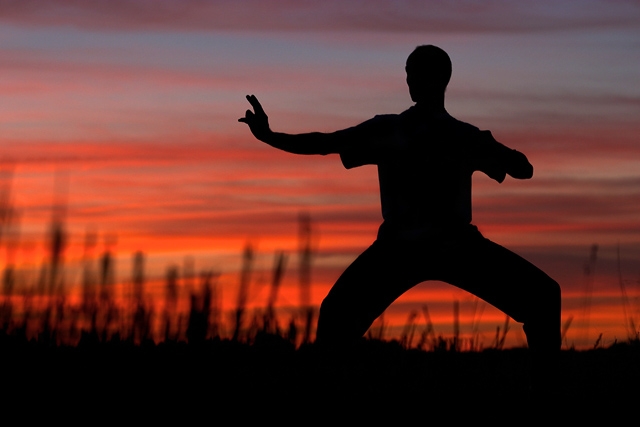What is Tai Chi
Well for starters, it’s not actually Tai Chi. It’s Taiji ( pronounced Tie Gee ) or Taijiquan ( Tie Gee Chwarn ).
Peking is really Beijing and ‘Yang’ is pronounced ‘Young’.
So it is with Tai Chi ( Taiji ), all is not as it first appears to be.
Taijiquan ( literally meaning Supreme Ultimate Fist ) is a martial art. It’s the slowest martial art and also the fastest. It’s the softest and yet it’s the hardest to master. It’s the most gentle but also the most powerful. It is the physical manifestation of Taoist philosophy. There are no opposites, just polar extremes. Everything is related. There is stillness in movement. You become one with your opponent. Force is never blocked but neutralized and deflected. Everything exists in harmony. The Tai Chi Player seeks perfect balance – physically, mentally and emotionally.
Origins of Tai Chi
Legend has it that Tai Chi was founded by the monk Zhang Sanfeng in the 13th century after he witnessed a battle between a bird and a snake. The snake relaxed what ever part of its body was being attacked by the bird while simultaneously attacking the bird with another part of its body.
Yin and yang. Softness overcoming hardness. Zhang then created a martial art based on what he'd seen.
A more universally accepted theory attributes the beginnings of Tai Chi to Chen Wang Ting who lived about 350 years ago. It was only ever practised as a martial art and held secretly within the Chen family.
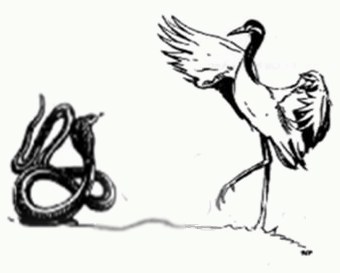
Grandmaster Chen Xiao Wang ( pictured ), arguably the finest exponent of Tai Chi in the world today, is a 19th generation, direct descendant of Chen Wang Ting.
Tai Chi was made popular by a student of the Chen family, Yang Lu Shan, who fought all comers from many different martial styles throughout his life and was never defeated.
Early last century the Yang family began teaching Tai Chi in the parks of Beijing and its popularity grew rapidly.
People became aware of a curious thing. Those with chronic health problems were seemingly miraculously healed while those who practised regularly were much healthier than the general population.
The penny dropped – this was more than just a martial art – it was a complete health system.
Most people think of a martial art as being fast and hard like Karate or Taekwondo. These are what we call hard or external arts, where the force is issued like the pounding of a hammer. Tai Chi is a soft or internal art, where the force is gathered slowly and issued like the cracking of a whip.
This is very powerful without using muscular force.
Tai Chi players use supreme balance and yielding ability to redirect force and then strike swiftly at the unbalanced opponent.
This coordinated power is like the difference between trying to turn a wheel nut on a car tyre with your fingers or with a monkey wrench. The latter works because the power is connected.
Tai Chi classics say: To attack with your hands, use your feet.
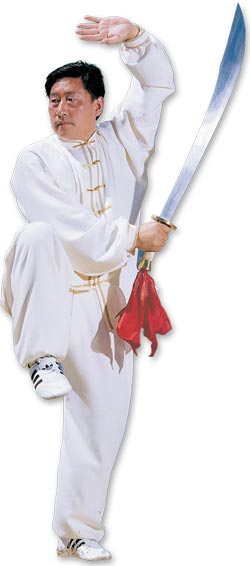
Grand Master Chen Xiao Wang
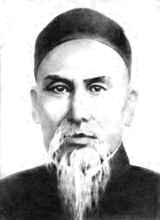
Yang Lu Shan
Health Benefits
Most people who come to learn Tai Chi are interested in what they perceive to be the health benefits. In the majority of cases they haven’t even considered it as a martial art. Because the execution of Tai Chi martial skills requires a high level of relaxation, a calm mind, superior balance and the cultivation of Qi, the entire learning process is very beneficial to your health.
Qi is the X factor. Qi loosely translates as intrinsic life force. Acupuncture is the tapping of Qi meridians or channels in the body. Qi flows through us like water through a hose. If the hose has kinks throughout its length, then the flow of water is impeded. Tai Chi helps to un-kink the body and allow the healthy flush of Qi. Where Qi stagnates we become ill. When Qi stops flowing we die.
The tangible benefits of practising Tai Chi include, improved leg strength and balance. Better coordination, flexibility, postural connection, stamina and energy levels. The nervous system is nurtured and we become calmer, develop clearer thinking, awareness and concentration. Tai Chi relaxes and loosens the muscles and joints helping to alleviate or prevent illnesses such as arthritis. It stimulates blood circulation and helps to regulate blood pressure.
The spine becomes stronger and more flexible. Digestion improves and the immune system is significantly boosted. Tai Chi’s ability to ward off illness is well documented.
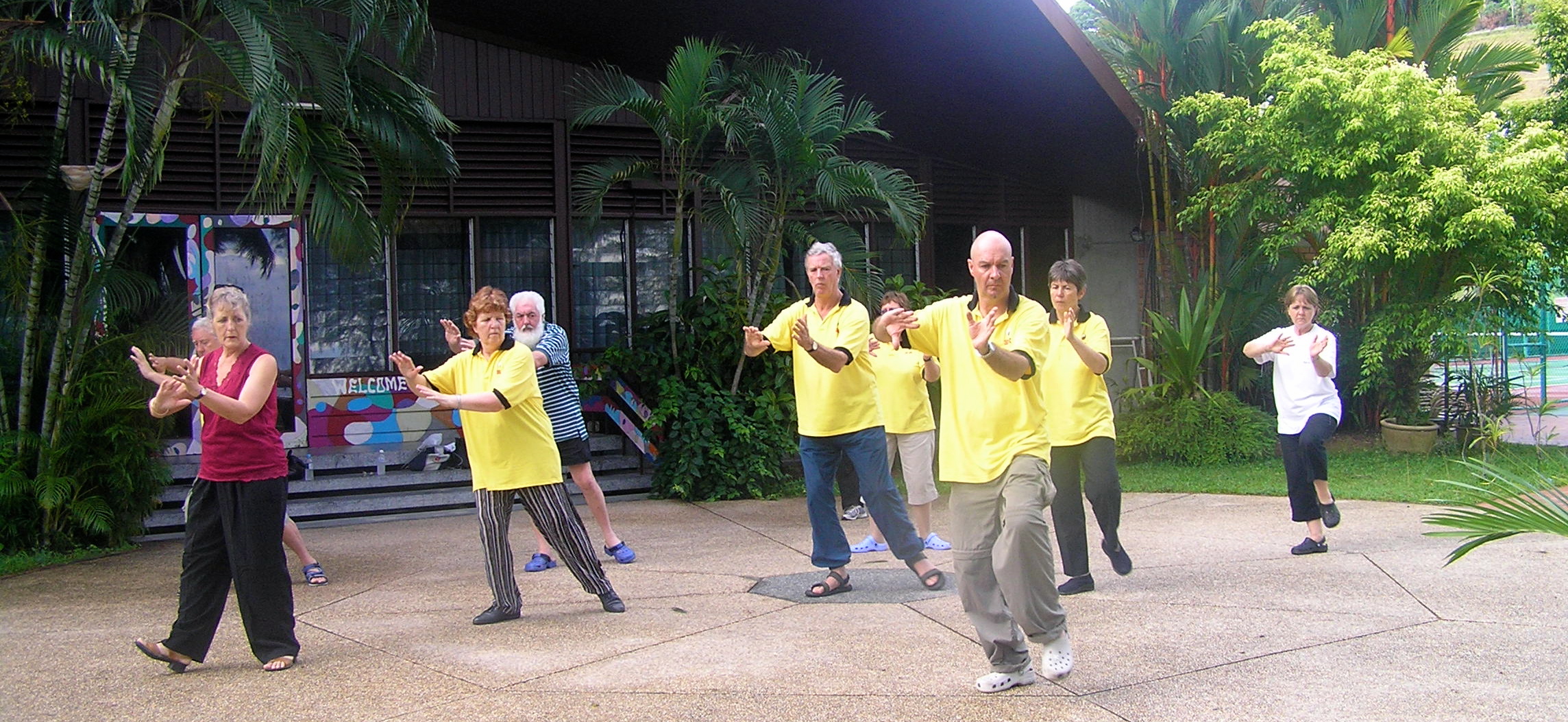
The benefits are endless but to be honest, most long term Tai Chi students rarely think about the health benefits. They only notice problems start if they stop practising. If you come to class because you ‘ought to’, then eventually you will stop coming. What brings students back to Tai Chi year after year is because they love doing it. Tai Chi puts us in touch with our inner strength, giving a quality of deep beauty and meaning to life.
